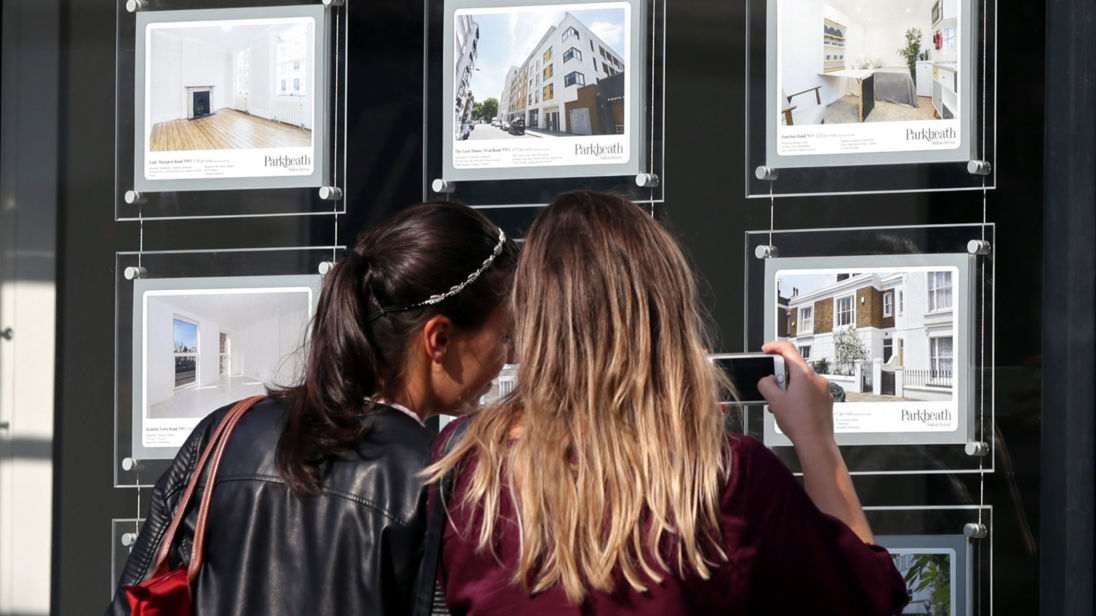By John-Paul Ford Rojas, Business Reporter
House prices grew more slowly than expected last month, according to Nationwide, as it was claimed rising interest rates have dampened demand.
The figures from Britain's biggest building society showed prices inched up by just 0.1% month-on-month in November and 2.5% compared to last year.
That was in line with October's year-on-year figure but lower than the 2.7% rise pencilled in by economists.
It comes as households face a squeeze from rising inflation and sluggish wage growth, and after the Bank of England raised interest rates for the first time in a decade earlier this month.
Nationwide chief economist Robert Gardner said the latest data showed that while house price growth remained stable, annual growth remained stuck in the low 2-4% range that has prevailed since March.
Mr Gardner said: "Low mortgage rates and healthy rates of employment growth are providing support for demand, but this is being partly offset by pressure on household incomes, which appears to be weighing on confidence.
"The lack of homes on the market is providing support to house prices."
He added that the Budget decision to scrap stamp duty for first-time buyers on properties worth up to £300,000 was expected to have "only a modest impact on overall demand".
That was because in many regions, the average first-time buyer property was already below the previous stamp duty threshold of £125,000.
Samuel Tombs, chief UK economist at Pantheon Macroeconomics, said: "House prices lost their upward momentum in November as rising mortgage rates began to depress demand and affordability.
"Fixed-rate mortgage rates picked up in October in anticipation that the MPC [Monetary Policy Committee] would hike Bank Rate earlier this month.
"The full impact of the rate hike on the market won't fully materialise for a couple of months, but several indicators already point to a further slowdown.
"We still expect prices to flatline next year, as increasing mortgage rates prevent households from taking out bigger loans."
Howard Archer, chief economic advisor to the EY ITEM Club, said housing market activity was "subdued and faltering".
He said it was "very possible" that the recent Bank rate hike would have an effect, even though mortgage rates were still at historically low levels.
"The fact that it was the first rise since 2007 could have a significant effect on housing market psychology," he added.
The house price data comes a day after Bank of England figures showed the number of mortgages being approved for house purchase fell to a 13-month low in October.
More stories
- Previous article Corbyn to Morgan Stanley: 'You're right, we're a threat'
- Next article Bitcoin volatile amid 20% fall in 24 hours





